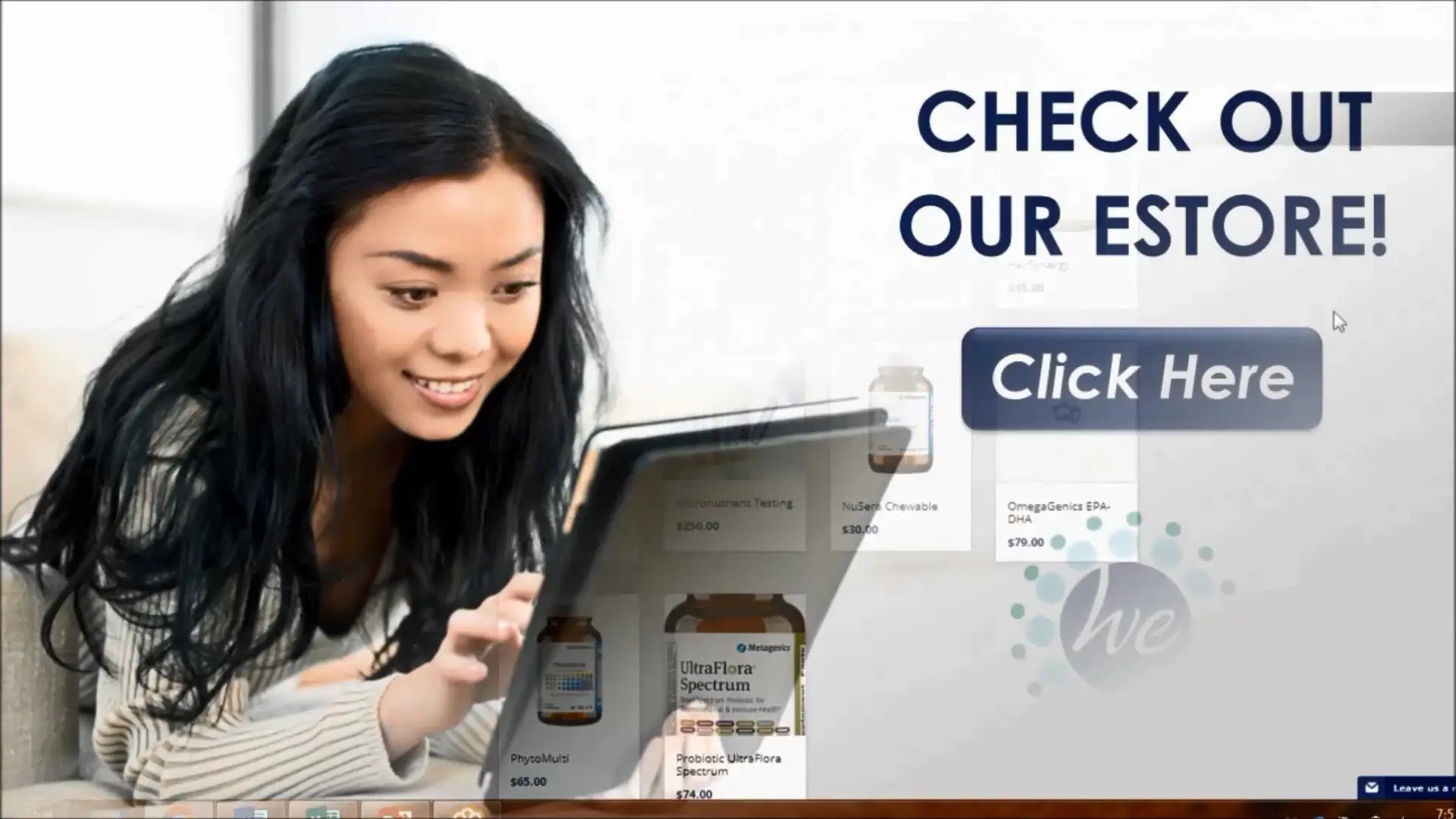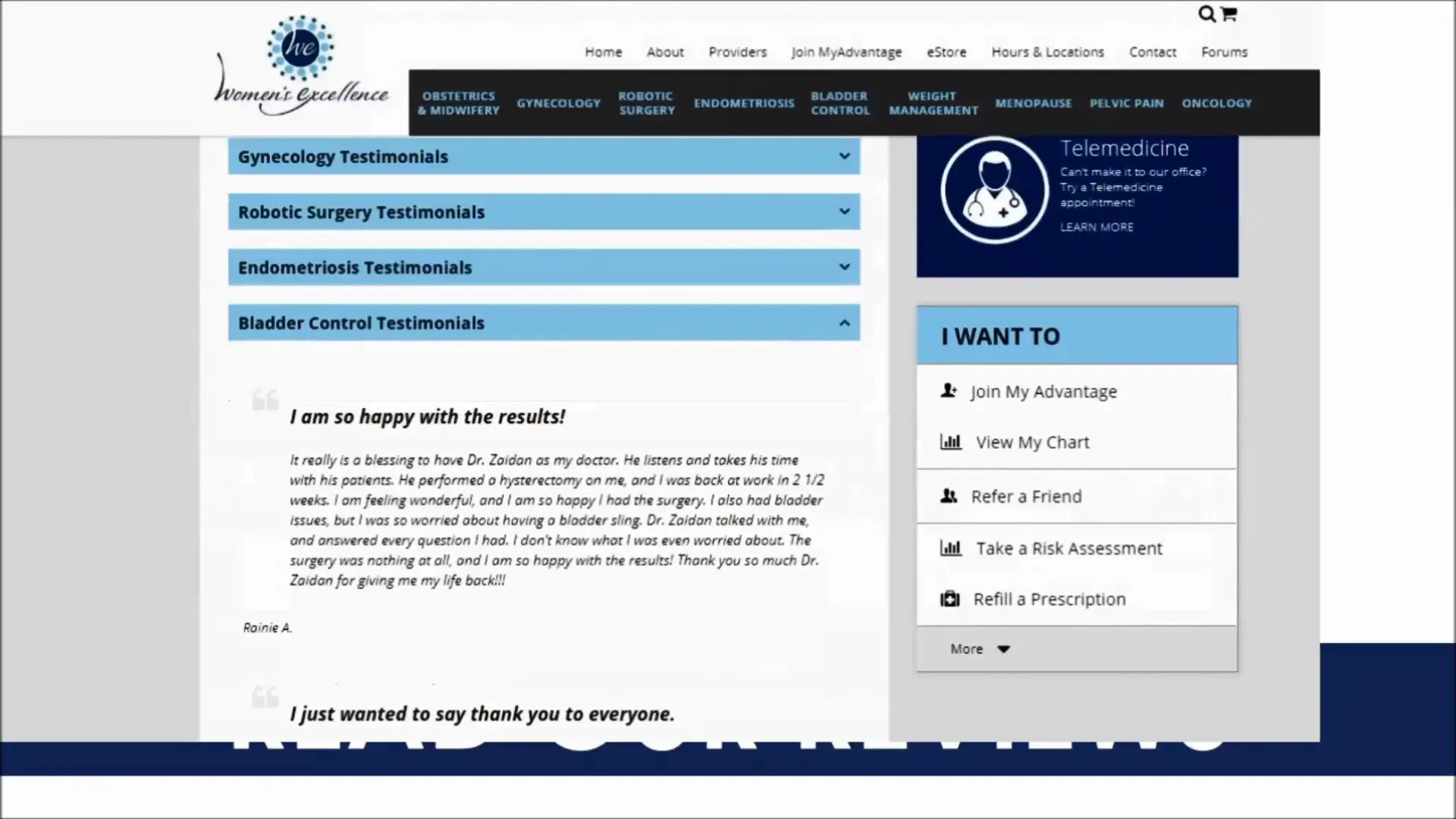If being around a newborn baby is new for you, don’t worry. Newborns are more resilient than you think. Regular care, including a postpartum exam, helps to ensure you and your baby are healthy.
Family members and friends will want to meet your new little one as soon as possible, and so will most strangers that you meet! Strangers throughout your pregnancy may have thought they had the liberty to touch your pregnant belly whenever they wanted, and they seem to feel the same liberties in touching your baby.
- Before you or anyone touches or holds your infant, make sure hands are washed or hand-sanitizer is used. Newborns are more susceptible to infection because of their immature immune system.
- Always safely secure infants in their car seat, stroller, swing or another carrier.
- Always be careful to support a newborn’s head andneck at all times.
- Be careful to never shake or roughly handle your newborn. Do not bounce them, or jiggle or playfully toss them into the air. Rough play with your newborn can cause blood vessels to rupture in their brain or death.
COMMON QUESTIONS YOU MAY HAVE ABOUT YOUR NEWBORN AT HOME
Care for the cord:
- The umbilical cord that was severed at birth will dry up and fall off naturally in approximately 1 to 2 weeks. Keeping the cord clean and dry will facilitate this. It is not necessary to address the cord to assist the process of drying and coming off. It is very important to be aware of any foul-smellingdrainage from the cord, redness or swelling. If you notice any of the above, it is very important you contact your pediatrician.
Newborn diaper rash:
- Frequent wet or soiled diapers may cause a rash on your newborn’s bottom. Maintaining a clean bottom, changing diapers as necessary, application of A & D ointment to baby’s bottom following every diaper change, and protecting newborn fragile skin is critical to avoiding diaper rash. Newborns commonly develop a rash on their face that at times will spread to their body as well. This type of rash is common at approximately 4 weeks of age and is gone by 5 or 6 weeks of age. If you are concerned with a rash that your newborn develops, contact your pediatrician.
Diapers – voids and stools:
- By the time your infant is 5 days old, he or she should breastfeed at least 8-12 times per 24 hours. Newborns should have 6 to 8 wet diapers and 3 to 4 stool diapers in a 24 hour period. If you notice a foul smell, blood, or a watery consistency to your baby’s stool, it may mean your baby is sick. Have your baby seen by your pediatrician if you are concerned at any time.
- Other signs and symptoms that indicate possible illness in a newborn are lethargy, a decrease in appetite, redness around the belly button, and a temperature of 100.3F or more. An illness in an infant can make them appear flushed and irritable, while other babies appear very weak and pale. Notify your baby’s pediatrician if you notice anything that seems unusual or if you have concerns at any time.
Newborn Reflux:
- It is normal for your infant to have a small amount of milk come up after feedings. If you notice a large amount of milk coming up after feedings or as though your infant is uncomfortable after feedings, or does not appear to be gaining weight or growing, notify your pediatrician.
Other suggestions:
- If you have pets, ask your nurse at the hospital for a blanket from the birth to bring home. This will allow your dog or cat to smell and become familiarized with your newborn’s scent.
- Protect your newborn from sudden infant death syndrome (SIDS).
- Always lie infants down on their back to sleep.
- Maintain a safe sleep environment by keeping soft toys, pillows, blankets, bumper pads or bedding out of baby’s crib.
- Sleep in the same room as your baby, but do not share your bed.
- Do not overdress your baby and cause their body to overheat.
- Immunize your baby according to the Centers for Disease Control (CDC) schedule.
- Contact us using our live chat to schedule your postpartum exam today!







